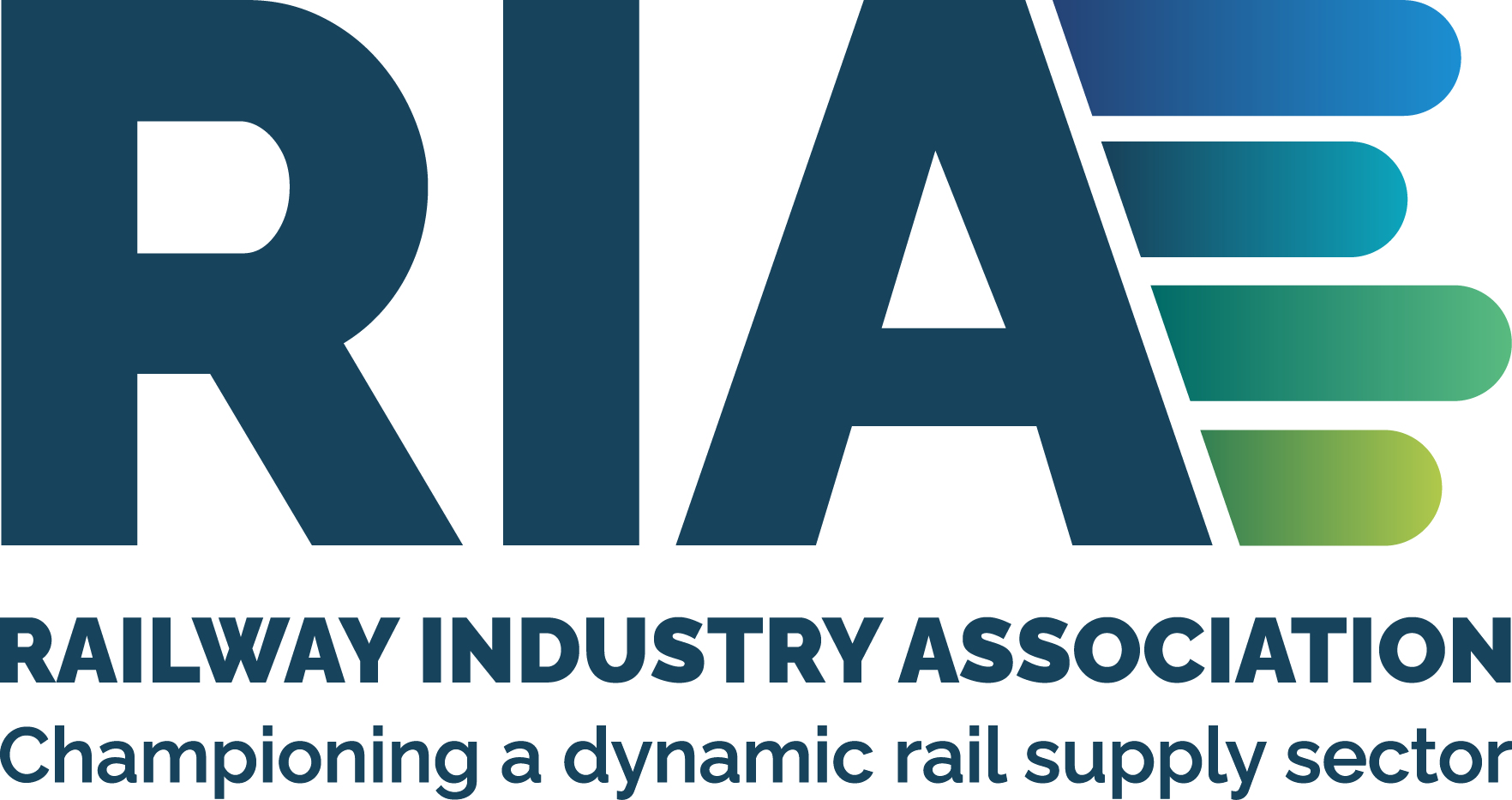This client is one of the UK’s leading Plant/RRV Providers and a Multidisciplinary Principal Contractor carrying out PWAY, Civils, M&E, S&T and OLE projects directly for Network Rail and as a Sub-Contractor to other PCLs.
Following a detailed review of their insurance cover, Jobson James Rail identified that premiums were unreasonably high, as were the policy excesses in respect of plant, motor and third party liability claims. We pointed out numerous, rail-relevant gaps in cover which had left the client both uninsured for day to day exposures and in breach of a contract had an accident/claim occurred. The client had received very little support from their previous broker in the management of claims (particularly motor) and they did not know of the current position on many of their claims.
Jobson James Rail carried out a detailed fact find to carefully understand the risks that the business faces and the excellent systems that are in place to manage these risks. We suggested further methods of reducing risks that the business has since adopted. We wrote a 33 page risk report describing this in detail and we analysed their contracts to understand their contractual liabilities. We used this information to sell our client to underwriters and successfully negotiated substantial premium savings and an enhanced retrospective premium rebate for the expiring policy year by an additional £95,000 that would not have previously been paid by insurers.
EL/PL rates were reduced by 25%, Fleet rates by 39%, Excess PL rates by 32%plus further reductions resulting in a premium saving of over £211,000 compared to the previous broker’s rates. The larger policy excesses were also reduced, gaps in cover closed and Business Interruption extended to insure incidents both on sites and in transit.
Jobson James Rail agreed to work closely with the client moving forward and conduct regular review meetings with all divisions of the business to ensure that the insurance programme evolves as the business grows.
This is a specialist and rapidly growing rail contract lifting business, working predominantly with Network Rail and their Principle Contractor Licence holders.
After only one meeting, the client decided to appoint Jobson James Rail as their broker on all classes of insurance with immediate effect, due to our specialist rail knowledge, the quality of our people and the quality of advice provided in the meeting.
We then analysed all insurance contracts for suitability of cover and pricing and it quickly became apparent that the previous broker had placed the insurance contracts the year before at prices we felt were uncompetitive. We wrote a bespoke 17-page broking presentation about the business that explained the risks that the business faced and how they were managed to a high standard, which we issued to the client for sign-off and then to insurers upon which to base their quotations. The presentation helped us convince underwriters that they could go far lower with their rating than previously possible.
As a result of our unique, risk management tailored approach, we reduced the Employers’ Liability premium by 35%, the Public Liability premium by 32%, the Motor Fleet by 25% and the Owned/Hired in Plant by approximately 40%, despite increasing cover for goods on hook and widening the cover for machinery movement.
Jobson James Rail also realigned the insurance policies so that all policy renewal dates coincided on the same day each year, simplifying the administration of the programme for the client.
A rapidly growing labour supply business providing rail workers to Network Rail Principle Contractor Licence holders. We quickly identified two issues of concern. The current insurers were charging the employers and public liability of £180,000 a year which was hugely overpriced – approximately double what they should have been paying.
As a result of the rapid growth of the labour supply company, large additional premiums were being paid – of which the previous broker had being taking 20% commission, amounting to over £100,000 in commissions during the last three years. Our examination showed which PLC contracts would provide protection in the event of a workplace claim. Improvements to all contracts were suggested by us and we presented our risk analysis of those PLC contracts to the insurers, who agreed to reduce the premiums to reflect that worker accidents would not pass to our client, the supply agent.
We also included professional indemnity cover for £1m, which is essential cover for labour supply companies (which had been missed by the previous broker). The broker remuneration was reduced from £40,000 commission a year to a single transparent fee of £20,000 a year. This figure does not vary according to increases in turnover and we agreed not to charge any fee for future adjustments to premiums. We also reduced their premium by £70,000 a year, the total saving on premiums/fees/commission was £90,000 a year.
This is a high quality electrical contracting business specialising in design and build works for Network Rail and Network Principle Contractor License holders.
They have been working on Crossrail and many major rail projects across the country.
We examined their insurance programme and identified that they were paying a premium based on them being a high hazard contractor with heavy manual risks which was completely the wrong risk profile for them.
We visited one of their contract sites (Crossrail) and wrote our own site report which explained that most of their work was in fact light manual/technical and the associated non electrical work that they did in the cess was managed well.
We successfully reduced their EL PL premium by 50% resulting in an annual premium saving of £27,000 which added straight to their net profit bottom line.
We increased their professional indemnity cover from £500,000 to £1,000,000. We increased the cover from aggregated to any one claim and we still reduce their PI premium by 75%, saving £6,000.
This rail contractor was a specialist devegetation and brickwork repair contractor working mainly for Network Rail. The company had an excellent health and safety record and we felt that this was not being recognised by the current insurers.
We wrote a 15 page detailed report explaining what safety investment and accreditations the company had achieved and we engaged competing insurers in competition. The result was a premium saving of 32% and improved cover – the 15m height limit on employee accidents was deleted and we included cover for hired plant under HAE contracts.
We also gave the contractor advice on how to tighten up some aspects of their safety documentation and our claims manager who is a qualified barrister gave advice on a number of specific matters.
This was a £14m turnover high quality fabrication business specialising in the manufacture of high security enclosures for the water power and rail industries. In our first meeting with the new client we identified that the production factory buildings were underinsured by £2.1m because the previous broker had failed to advise them correctly as to how to calculate an appropriate sum insured for rebuilding cost including all professional fees and removal of debris.
We also identified a need to make other major improvements in the cover because – Gross Profit was up by 30% which was not correctly insured, computer hardware was underinsured, the stock cover needed to be 3 times higher, there was no cover for Research and Development and the declared wages and turnover which insurers base the premium on needed increasing by 20% to keep pace with the growth of the company.
There was also a history of employers liability claims driven partly by a negative relationship between management and workforce and poor working conditions. Our appointment coincided with the appointment of a new production director and, working together, we helped through risk management suggestions and a review of safety documentation, an improvement to stem the tide of EL claims and improvement communications. Despite substantially increasing the cover to more thoroughly protect the business we still achieved a 19% premium saving of nearly £10,000 a year.
This company is a specialist contractor offering a range of PWay, OLE and Civils packages services as well as labour supply to Network Rail PCLs.
Their Employers/Public Liability had been completely mis-sold by their broker because they were being charged as though all of their work was packages.
We wrote a 12 page summary of all their contracts making clear where liability lay with each and describing how risks are managed by the business for packages work. The results were that their annual premiums reduced by nearly 60% and we provided our specimen set of labour supply terms and conditions to tighten up their trading terms and reduce their contractual liability.
The result was a £31,000 annual premium saving and we also obtained insurers agreement to waiving £9,000+ of declaration adjustment additional premiums for their increased turnover results.
This rail business is a high quality electrical contractor specialising in design and build of electrical substations. They have their own manufacturing workshops for circuit board panels assembly. We identified that their current broker had made several key errors on the drafting of their insurance policies. Product Liability was covered to £5m but sub limited to only £1m for products manufactured.
There was no Public/Product Liability or Professional Indemnity cover for work other than for Rail/DNO which was a major exclusion.
The current broker had not made sufficient material facts disclosure about the activities and insured them on a per tradesman scheme for plasterers decorators and electricians.
We wrote a 12 page risk report explaining what the business did in detail which fulfilled our clients obligations to make a full material facts disclosure. We then actively sold the company as a high quality rail contractor that managed its risks very well to rail friendly insurers and reduced their annual premiums by 35% thus adding £16,222 to their net profit bottom line and providing far wider cover insuring all activities of the company correctly with no business critical gaps.
This is a well known trade association for the rail industry. It arranges events and disseminates valuable technical information for the benefit of the rail industry.
We found that their insurance had not kept pace with the business and that they had not received a visit from their brokers for some years.
The description of insured activities did not match what the association did any more and as a result the insurers could have potentially refused claims because of non-disclosure of material facts.
Jobson James Rail wrote an updated risk presentation about the business and closed the gaps in cover. We also provided clear advice on the use of consultants and clarified whether insurers would pursue them if they caused Professional Indemnity claims.
We also provided better cover for the executive management team for their personal liabilities and gave advice on process of decision making on suitable limits.
This is a small niche but highly skilled locomotive and rolling stock maintenance business with own premises and maintenance teams.
It works with various FOCs (mainly) to upgrade and maintain rolling stock for work on the main line and sometimes for heritage railways. They also owned some locomotives which are hired on long term and spot leases thus they act as a small ROSCO. We found that their insurance had not been reviewed properly for some years and that their activities were not properly insured.
Their Employers and Public/Product Liability insurance were on the wrong basis and the insurers thought that all leased engines were fully operational when they are not, as many are in for long term refurbishment. They were not insured for liability rising from passenger train use of the engines also.
Jobson James Rail identified these gaps in cover, wrote a broking presentation about their business in detail and represented them to insurers to negotiate a 40% reduction in Liability premiums.
We also produced competitive terms to insure the workshop and agreed a specific basis of settlement on their older rolling stock.







